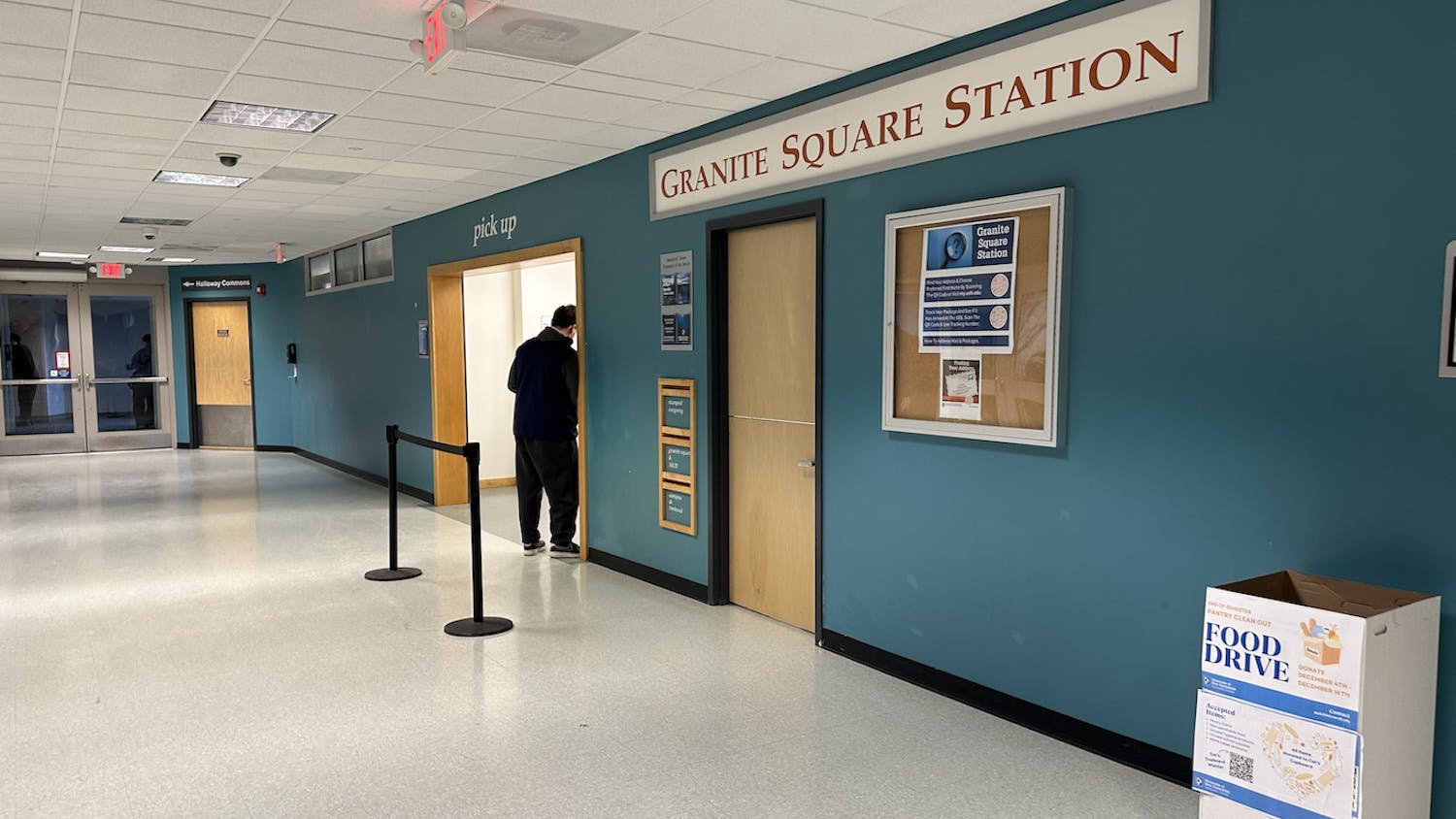The topic of “consent” has raised many questions in the past few years as universities across the country have started to take actions to prevent sexual assault. Redefining consent, enforcing harsher legal judgments, and teaching bystander intervention strategies are just a few ways in which colleges have attempted to reduce the chilling statistic that 1 in 5 women will experience a completed or attempted rape during her college years.
To further our own understanding of university consent policies, we must first recognize what consent actually is. Contrary to popular belief, consent is not just the absence of a “no.” Consent is a clear, positive agreement to engage in sexual activity without fear of threat or coercion. Consent can only be given in the moment by a person who is not under the influence of drugs or alcohol. Even if someone says “yes” while intoxicated, it still does not mean that a person has consent. Laws that require affirmative consent (or a clear, conscious, and sober “yes”) are designed to protect us and have a similar rationale to laws that prevent people from making the decision to get a tattoo or get married while extremely intoxicated. These laws recognize that we are not in the correct state of mind to make cognizant decisions about our person while under the influence.
Why is it important to learn about consent? Not understanding what consent is and how to obtain it impacts future behaviors and hurts survivors of assault. When consent policies are dismissed as unimportant, we send survivors a message that they are to blame for what happened to them and that perpetrators are not accountable for their behavior. This reinforces the perpetrator’s belief that it is okay to have sex while the victim is intoxicated.
Making light of rape can also discourage survivors from seeking help or reporting to the police. As a community, we have a responsibility to look out for one another and act as upstanders in these situations, whether before, during, or after someone is victimized. If we truly want to reduce the number of rapes on campus, encouraging people to be careless about sexual consent is not the answer. The answer is to educate yourself about respect, consent policies, and other campus resources.
References:
Krebs, C. P., Lindquist, C. H., Warner, T. D., Fisher, B. S., & Martin, S. L. (2007). The campus sexual assault (CSA) study. Washington, DC: U.S. National Institute of Justice.
Sexual Harassment & Rape Prevention Program. (2015). Wildcats Get Consent!. Retrieved from University of New Hampshire Sexual Harassment & Rape Prevention Program website: http://www.unh.edu/sharpp/wildcats-get-consent.
UNH President’s Commission on the Status of Women and the UNH Graduate Student Senate













